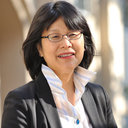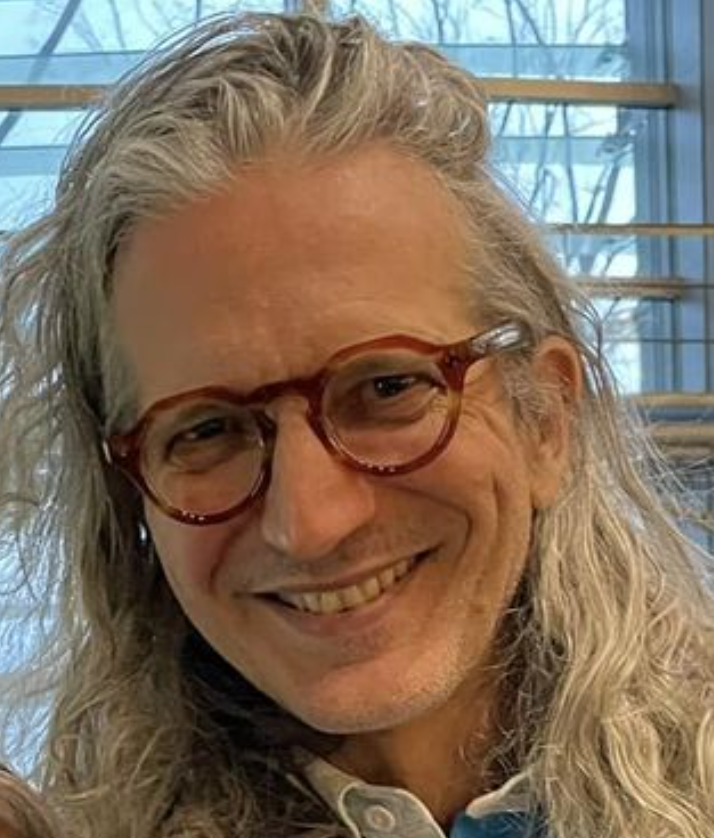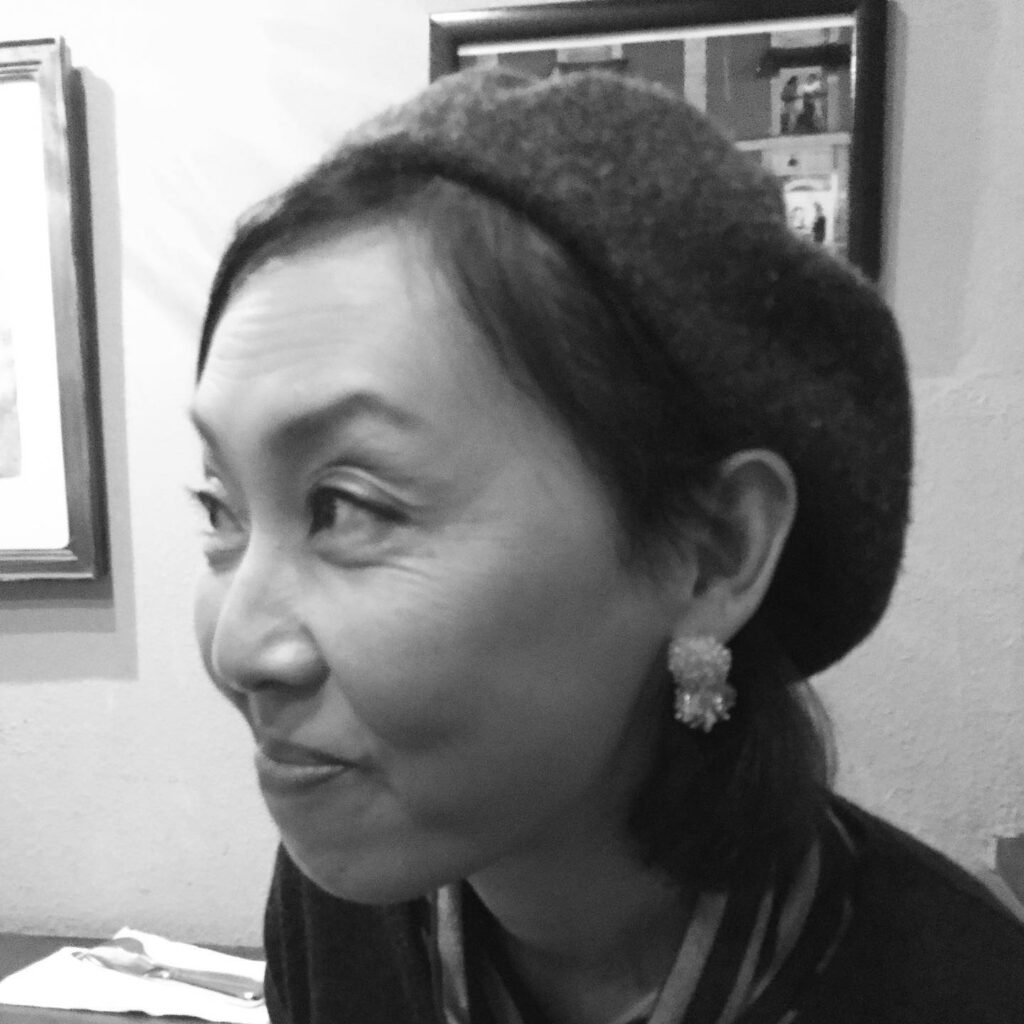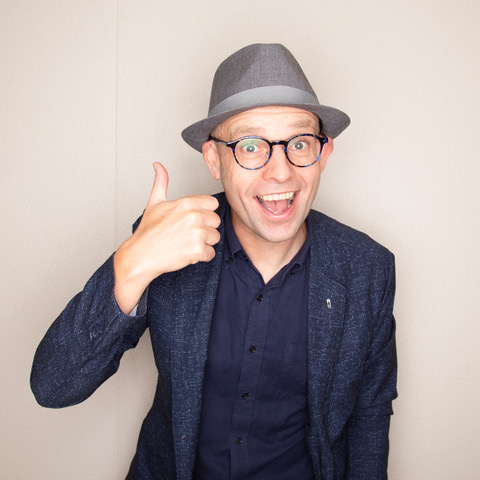



We are pleased to announce the upcoming LLL-SIG Forum at the JALT 2025 Conference at the National Olympic Youth Center in Yoyogi, Tokyo.
Forum Details:
Day: Saturday, November 1st
Time: 11 AM – 12:30 PM (90 minutes)
Room: 411
All are welcome. Regrettably, there won’t be an option for online participation at this event.
Overall Theme: Community Creation and Maintenance in Lifelong Learning
Abstract for Entire Forum: This forum explores the processes of creating communities that support lifelong learning in diverse contexts, from COIL exchanges to the teaching of Japanese to refugees. Presenters will demonstrate how language learning environments can be powerful spaces for fostering inclusive communities through DEI awareness activities, such as identity collage sharing and storytelling circles. Exploratory practice will also be introduced as a way to allow students to reflect on their experiences and subjective well-being in language learning.
Speaker 1: Tim Cleminson (Okayama University)
Title: Exploratory practice: Nurturing communities of curiosity
Summary: To master a language takes time and commitment. We all know studying once a week in class doesn’t achieve much, especially if we’re not engaged in the learning. So, we need time and space to reflect on what we value in learning a language. If we can spark curiosity and meaningful reflection, perhaps we can deepen students’ personal connection to English and help them become ontologically engaged (Matusov, 2013). But, how can we kick-start this process? In this session, I introduce exploratory practice (EP) (Allwright & Hanks, 2008). In EP, students are given time to reflect on their experiences and subjective well-being in language learning. We explore personal curiosity and identify intriguing puzzles about language learning practices the students can research in groups. In many ways, EP is a democratic reimagining of the relationships in the language classroom. Students and teachers are considered ‘practitioners of learning’ who co-explore learning practices and co-create new understandings (Bakthin, 1981). However, shifting to exploratory learning is challenging. I introduce my experiences of this process, creative activities that helped facilitate the transition, and share examples of students’ insightful reflections.
Bio: Tim Cleminson uses exploratory practice, co-creativity, and dialogic education in his classes, with the conviction that joy, curiosity and philosophical reflection are essential in lifelong language learning. Through the creation of playful activities meant to develop curiosity about the deeper questions in the language classroom, he aims to help students identify ways to become more engaged and joyful in their learning.
Speaker 2: Mitsue Allen-Tamai (Aoyama Gakuin University)
Title: Perspectives on Refugee Inclusion in Japan: Voices from Volunteers and Applicants
Summary: In recent years, internationalization in Japan has progressed rapidly. According to a report from the Immigration Services Agency of Japan, as of June 2024, the number of foreign residents in Japan reached 3,588,956, accounting for approximately 3.04% of the total population. Notably, this figure does not include individuals applying for refugee status or complementary protection. In 2023, a total of 12,373 individuals applied for refugee status in Japan. However, only 8,377 cases (67.7%) were processed. Of these, 176 applications were approved (2.1%), 5,117 were rejected (61%), and 3,084 were withdrawn (36.8%). Applicants originated from 92 different countries, with the majority coming from Sri Lanka, Thailand, Turkey, India, and Pakistan. The presenter is currently engaged in teaching Japanese to refugee applicants through a non-profit organization. This presentation will share findings from interviews with Japanese volunteers supporting refugee applicants and refugee applicants studying Japanese under the presenter’s instruction. Their perspectives provide valuable insight into the current state of social inclusion for refugee applicants in Japan.
Bio: Mitsue Allen-Tamai is an emeritus professor at Aoyama Gakuin University and has been teaching at Temple University, Japan Campus (TUJ) since 2000. Her research focuses on language development through story-based activities and the literacy development of young learners. She has contributed to national-level English curriculum development for young Japanese EFL learners and has been a frequent speaker at in-service teacher training seminars across Japan.
Speaker 3: Chiyuki Yanase (Keio University)
Title: Fostering Inclusion: Building Stronger Communities through DEI Awareness
Summary: Language classrooms are powerful spaces for fostering inclusive communities through intentional Diversity, Equity, and Inclusion (DEI) awareness. This part of the forum explores how collaborative, learner-centred activities can build empathy, cultural understanding, and a sense of belonging among students. Key activities such as cultural exchange presentations, identity collage sharing, and inclusive storytelling circles serve as effective tools to promote self-reflection, celebrate diverse perspectives, and encourage meaningful dialogue. By integrating DEI-focused practices into language instruction, educators not only enhance language proficiency but also cultivate intercultural competence and social-emotional learning. Participants will examine real classroom examples, reflect on the impact of these practices, and share strategies for adapting them across different levels and contexts. This session invites educators to reimagine language learning as a dynamic process that values every voice and identity, ultimately contributing to more inclusive, respectful, and connected communities within and beyond the classroom.
Bio: Chiyuki Yanase is an experienced language educator with over 30 years of teaching across diverse educational institutions. She has worked with a wide range of learners and currently teaches at several universities in the Tokyo area. Her approach emphasises inclusive, student-centred learning environments that promote intercultural understanding. Passionate about language education and community building, she actively integrates DEI principles into her teaching to support diverse and dynamic classroom communities.
Speaker 4: Joseph Dias (Aoyama Gakuin University)
Title: Building community in COIL exchanges
Summary: The bar for entering into Collaborative Online International Learning (COIL) exchanges has lowered since the global COVID pandemic. Nearly all teachers who experienced emergency remote teaching had to quickly develop IT skills that ranged from the use of video conferencing apps, Moodles (or other LMSs), to more task-specific tools like those for creating interactive quizzes, video editing, or ones designed for vocabulary learning. Having so many more arrows in their teaching quivers, teachers entering a COIL can now fully concentrate on deepening the exchange with a rich variety of tasks, without worrying as much about getting up to speed with the technology. A perennial problem with COIL exchanges, however, continues to be the challenge of developing close human bonds among those involved in the exchange, particularly when time differences do not allow for synchronous interactions. The speaker will illustrate how an exchange can be enhanced through the sharing of guest speakers representing NGOs/ NPOs and engagement in service learning activities on both sides of the exchange, which forms the basis for dialogue about their respective and shared experiences.
Bio: Joseph Dias is a professor in the English Department of Aoyama Gakuin University where he coordinates the Integrated English Program His research interests include telecollaborative exchanges and learner autonomy. He is currently the president of the Lifelong Language Learning Special Interest Group.